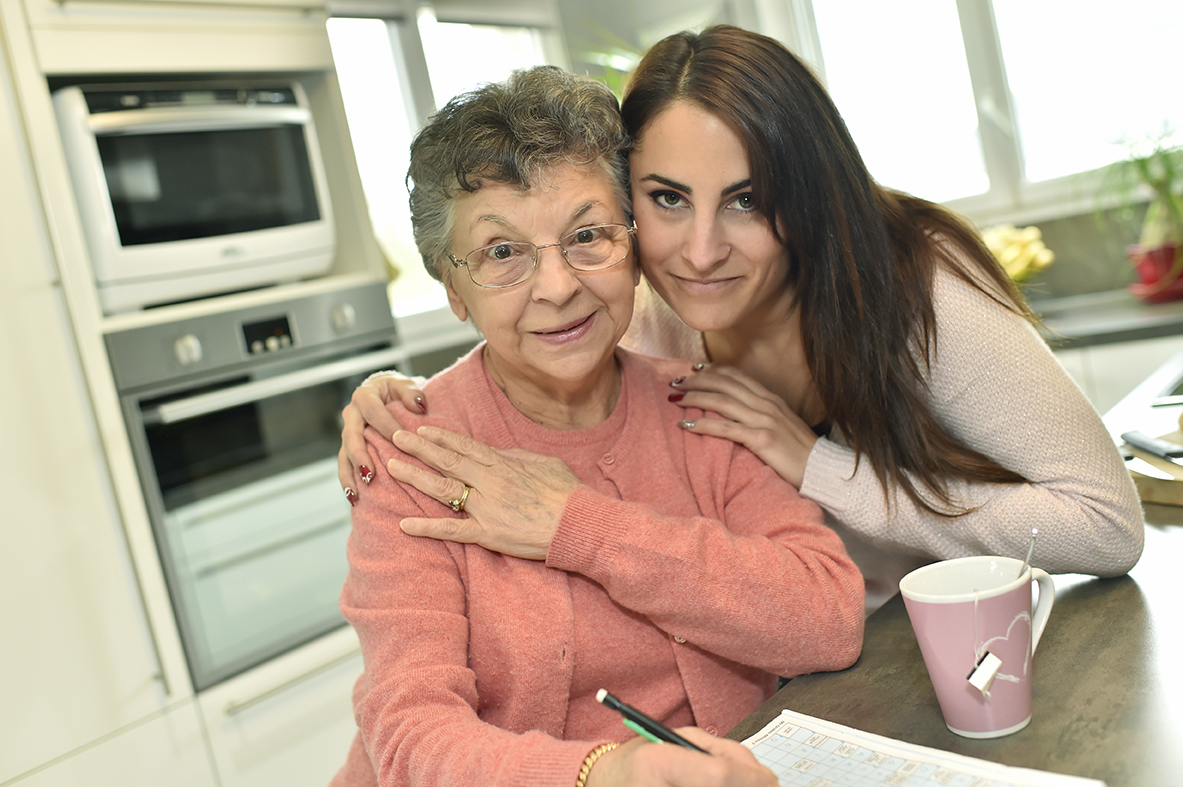
When do we talk about constipation? What should you do when it becomes bothersome in daily life? Constipation can be a genuine concern for individuals who suffer from it daily, especially among seniors. Whether it's a passing discomfort or a chronic issue, solutions exist, and taboos should not prevent us from improving our quality of life.
Is constipation serious?
Find YOUR ideal care home NOW!
Constipation is not inherently serious. It affects many people at one time or another and is common among the elderly. For some, it can become an unfounded obsession that might exacerbate the problem and sometimes lead to the dangerous abuse of laxatives for health. Out of fear of not having regular bowel movements, people may tend to monitor their trips to the restroom, anticipating intervals they consider too long. It's important to note that functional constipation is only diagnosed when at least two of the following criteria are present over a consecutive three-month period. This is based on the Rome III classification:
- Straining during defecation
- Hard or lumpy stools
- Sensation of incomplete evacuation
- Feeling of anorectal blockage or obstruction
- Manual maneuvers or digital assistance required for defecation
- Fewer than three bowel movements per week
Contrary to common belief, it is not always necessary to have a bowel movement every day, and this mistaken notion can create unnecessary stress, which itself can disrupt the natural function of the intestine. While constipation does not lead to severe illness or pose a risk of poisoning or obstruction, it should still be taken seriously. It can cause real discomfort in daily life, pain, and sometimes require hospitalization to relieve the patient. Additionally, it's important to be alert to any specific signs such as blood in the stool, severe abdominal pain, or pronounced narrowing. In such cases, the doctor will conduct various examinations to rule out any underlying diseases.
Why are the elderly more prone to constipation?
With age, the aging cells in our body make the digestive system less efficient. This natural factor can be exacerbated by certain lifestyle habits. Older individuals may tend to become more sedentary. However, regular walking or any other daily physical activity stimulates intestinal function and facilitates bowel movements.
What can be done about constipation?
Good lifestyle habits
Aside from specific cases of anorectal dysfunction or constipation as a symptom of a disease or as a side effect of medication, a good lifestyle can significantly influence our intestines. It is advisable not to wait until faced with constipation difficulties to act but rather to regularly ensure a diet rich in fruits and fibers. Additionally, some foods, such as prunes, well-known for their laxative effect, can promote regular bowel movements. Avocado, on the other hand, has the property of softening stools, making them easier to pass. Drinking plenty of water and engaging in regular physical activity or daily activities is also recommended. In some cases and on an occasional basis, certain fast-acting laxatives can be used for relief. However, they should not be overused, and medical advice should be sought.
Maintain a positive outlook
As mentioned earlier, psychological factors can also play a role. Several studies have shown that anxious, depressed, or stressed individuals are more likely to suffer from chronic constipation. Irritable bowel syndrome, more common in anxious temperaments, leads to frequent constipation. Through relaxation techniques and medical guidance, psychological factors of constipation can be addressed.
Aloe vera, a natural remedy for constipation
Aloe Vera is a plant with many virtues. Cultivated for a long time and well-known for its numerous health and beauty benefits, it is effective against constipation. In this case, the plant's sap is used, not the gel often used in cosmetics. A powerful laxative, it can be used on an occasional basis but should not be taken long-term as it can become irritating. Aloe Vera sap is available in pharmacies or herbal shops, but it is better to avoid self-medication and seek advice from your primary care physician or a healthcare professional.
Foods That Help vs. Worsen Constipation
| Foods That Help | Why They Help | Foods That Worsen Constipation | Why They Worsen It |
|---|---|---|---|
| Prunes | Rich in fiber and natural laxatives like sorbitol. | Red Meat | Low in fiber, slowing digestion. |
| Avocados | Softens stools due to high magnesium content. | Dairy Products | Can cause bloating and slow digestion in some people. |
| Flaxseeds | Contain soluble fiber to aid bowel movements. | Processed Foods | Low fiber content can lead to sluggish digestion. |
| Whole Grains | Fiber increases stool bulk and stimulates the colon. | Fried Foods | High-fat content slows digestion and can harden stools. |
| Aloe Vera Sap | Acts as a natural laxative when used occasionally. | Alcohol | Dehydrates the body, making stools harder. |
FAQ:
What are the main symptoms of constipation?
Symptoms include infrequent bowel movements, straining, hard stools, bloating, and a sensation of incomplete evacuation.
How many times per week is normal for bowel movements?
Most people have between 3 bowel movements per day to 3 per week. Less than 3 per week may indicate constipation.
Can constipation cause serious health problems?
Occasional constipation is not serious, but chronic constipation can lead to hemorrhoids, anal fissures, or fecal impaction.
What are the best natural remedies for constipation?
Eating fiber-rich foods, drinking water, exercising, and consuming natural laxatives like prunes and aloe vera can help.
Can stress and anxiety cause constipation?
Yes, stress affects gut motility and can slow digestion, leading to constipation.
When should I see a doctor for constipation?
Seek medical help if you experience severe pain, blood in the stool, unexplained weight loss, or prolonged constipation.
What is the best sleeping position to relieve constipation?
Sleeping on your left side can aid digestion and improve bowel movement frequency.
Are laxatives safe for regular use?
Occasional use is fine, but long-term laxative dependency can weaken natural bowel function.
We are here to help you choose a care home or facility best suited to your needs. Do not hesitate to contact us on the following number: 0230 608 0055 or fill out this form.
Do you need a care home for yourself or your loved one?
Search for Care Homes by Region
| East Midlands | Eastern | Isle of Man |
| London | North East | North West |
| Northern Ireland | Scotland | South East |
| South West | Wales | West Midlands |
| Yorkshire and the Humber |
Share this article :
Latest posts
You are looking for an establishment for your loved one ?
Get availability & prices
Fill in this form and receive
all the essential information
We would like to inform you of the existence of the opposition list for telephone canvassing.








.jpg)

